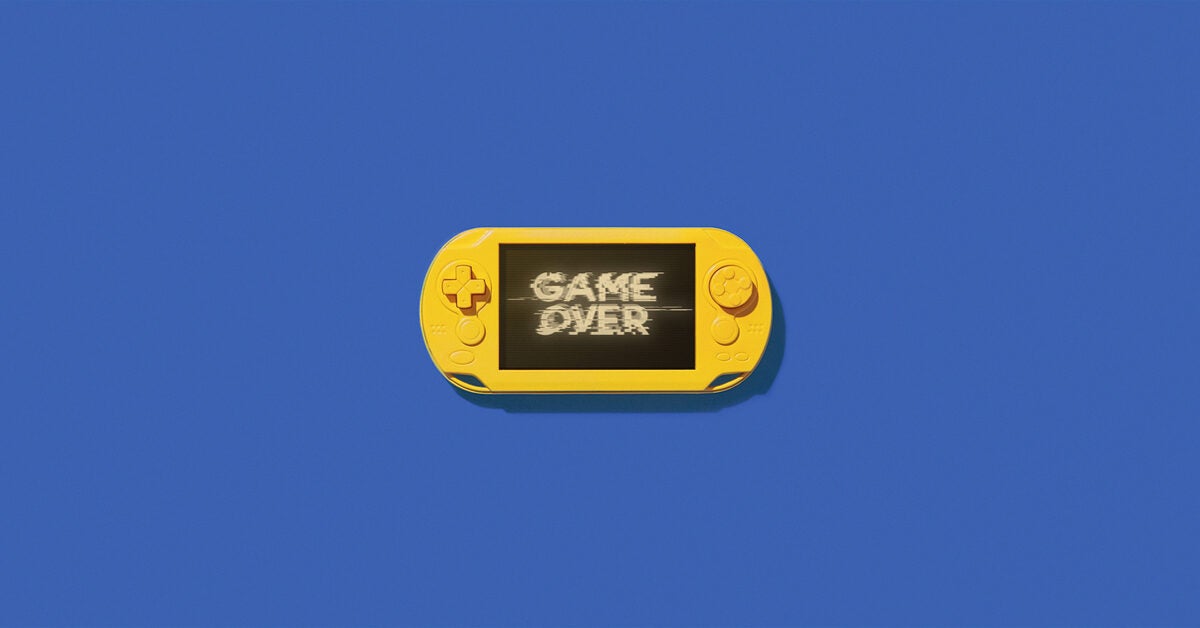Deploy Folding Table of contents
- Breaking Bad Habits: Understanding Video Game Addiction
- Finding the Root Cause: Dealing with the Problem from the Inside Out
- Regaining Control: Strategies for Curbing Video Game Addiction
- Seeing the Bigger Picture: Benefits of Limiting Gaming Time
- Moving Forward: Taking Steps Towards a Balanced Life
- Sources
Video game addiction has become a growing concern in recent years, and with the wide availability of games on consoles and mobile devices, it is not difficult to understand why. From first-person shooters to role-playing games, the virtual world has become a powerful force in many people’s lives. Unfortunately, some gamers struggle to limit their time gaming and can quickly become addicted, leading to negative effects on their wellbeing. Despite the challenges, there are practical and effective strategies that can help people to break their video game addiction and regain control.
Breaking Bad Habits: Understanding Video Game Addiction
Gaming addiction is a real problem, and it can have serious consequences on people’s lives. While some people may be simply enjoying their gaming, for others, it can become a real obsession and take over their life. This can lead to social isolation and a lack of motivation to pursue other interests. In turn, this can have a significant impact on mental, physical, and emotional health. It is important to recognize the warning signs of a gaming addiction, such as isolating oneself from friends and family, prioritizing gaming over other daily activities, and feeling negative emotions when not playing.
Finding the Root Cause: Dealing with the Problem from the Inside Out
In order to tackle a video game addiction, it is important to understand its root cause. This could be anything from stress, boredom, or a sense of achievement. It is important to identify why the person is seeking solace in gaming and address the underlying issue. Seeking professional help may be beneficial in understanding the root cause of the addiction and finding strategies to deal with it.
Regaining Control: Strategies for Curbing Video Game Addiction
Once the root cause is understood, there are strategies that can be used to gain control over the addiction. A key step is to set limits on gaming time and stick to them. It is helpful to be honest about the amount of time being spent gaming, and to set realistic goals. A strategy such as removing gaming consoles from the home or blocking games from the computer can also be helpful. Additionally, developing a plan to replace gaming time with activities that bring joy, such as exercise, hobbies, or meeting friends, can help to break the habit and form healthier lifestyle patterns.
Seeing the Bigger Picture: Benefits of Limiting Gaming Time
Limiting gaming time can have many benefits. These include improved sleep, better concentration, and improved productivity. Taking a break from gaming can also help to re-engage with hobbies and interests, or to connect with people. A change in diet and exercise can also help to boost mood and wellbeing, leading to improved levels of energy and motivation.
Moving Forward: Taking Steps Towards a Balanced Life
Tackling video game addiction can be a difficult process, but it is important to remember to be kind to oneself and take things slowly. Seeking professional help can be a good idea, as well as talking to friends and family for support. With time and effort, it is possible to gain control over a video game addiction and develop a healthier, more balanced lifestyle.
Video game addiction is a real problem, but with the right strategies, it is possible to regain control and develop a balanced life without relying on video games. Taking time to understand the root cause of the addiction, setting limits, and making a plan to develop healthier habits, can go a long way in providing relief. With dedication, it is possible to reclaim control and live a life of joy and fulfilment.
Sources
- King, D.L., Delfabbro, P., and Griffiths, M.D. (2017). The Psychology of Video Games. Psychology Press, NY.
- Van Rooij, A.J., Schoenmakers, T.M., and van de Mheen, D. (2014). Problematic Video Gaming: Exploration of Risk Factors and Prevention. Cyberpsychology, Behavior, and Social Networking, 17(2), pp.91-97.
- Petry, N.M., O’Brien, C.P., and Saxon, A.J. (2006). Computer and Video Game Addiction: A Comparison between Game Users and Non-Game Users. Psychology of Addictive Behaviors, 20(3), pp.252-262.



